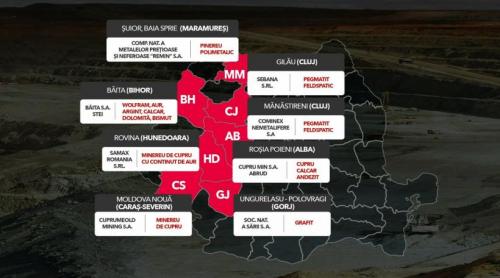
The appeal of Ireland against the so-called "Big Brother directive" regarding the storage of personal data has been rejected by the European Court of Justice. In these circumstances, the law 288/2008, which came into force in January in Romania, is valid.
The European Union (EU) member states will no longer have a reason or opportunity to challenge the so-called "Big Brother directive" regarding the storage or processing of personal data in connection to the provision of electronic communications, transposed in the Romanian legislation by Law 298/2008.
The European Court of Justice in Luxembourg rejected the objection submitted by Ireland yesterday. The Court ruled that the Directive 2006/24/EC of the European Parliament and of the Council on the 15th of March 2006 was adopted on appropriate legal grounds. Actually, the appeal of Ireland attacks the legal grounds of the directive, but not its terms. Specifically, the complaint indicated that the choice of Article 95 of the European Treaty as the legal basis for the Directive 2006/24 is wrong, since it concerns the adoption of national laws in line with the EU internal market. Since it relates to the storage of mobile telephony and e-mail data for reasons related to fighting terrorism and organized crime, the European law should have been based on other articles of the Treaty, which refer to the penal procedures in the Member States, Ireland argued.
The Court did not agree with the appeal, arguing that the measures regard the telephone and internet operators even if the data retained can be used only for judicial means. "The measures mentioned in the Directive do not imply the intervention of police or of the authorities that manage the law compliance. These issues, which fall within the scope of the activities of the police or of the judicial cooperation in combating crime, were excluded from the directive. The Court concludes, therefore, that the directive is predominantly related to the functioning of the internal market".
COMPLAINTS
The Romanian investigators have criticized the Romanian law based on the European directive. They say that the mobile companies may require the lists of the telephone conversations in case of serious crimes and only if the prosecution is initiated. Moreover, the six months in which the companies are required to store their data are insufficient for complex investigations. The Public Ministry has formulated a series of observations that it submitted to the Ministry of Justice in order to propose the amendment of the law, claiming that it hindered the investigators' access to the data. Listing the communications carried on a telephone can be extremely relevant in the cases of missing persons or crimes, the ministry's experts say.
Citește pe Antena3.ro

















